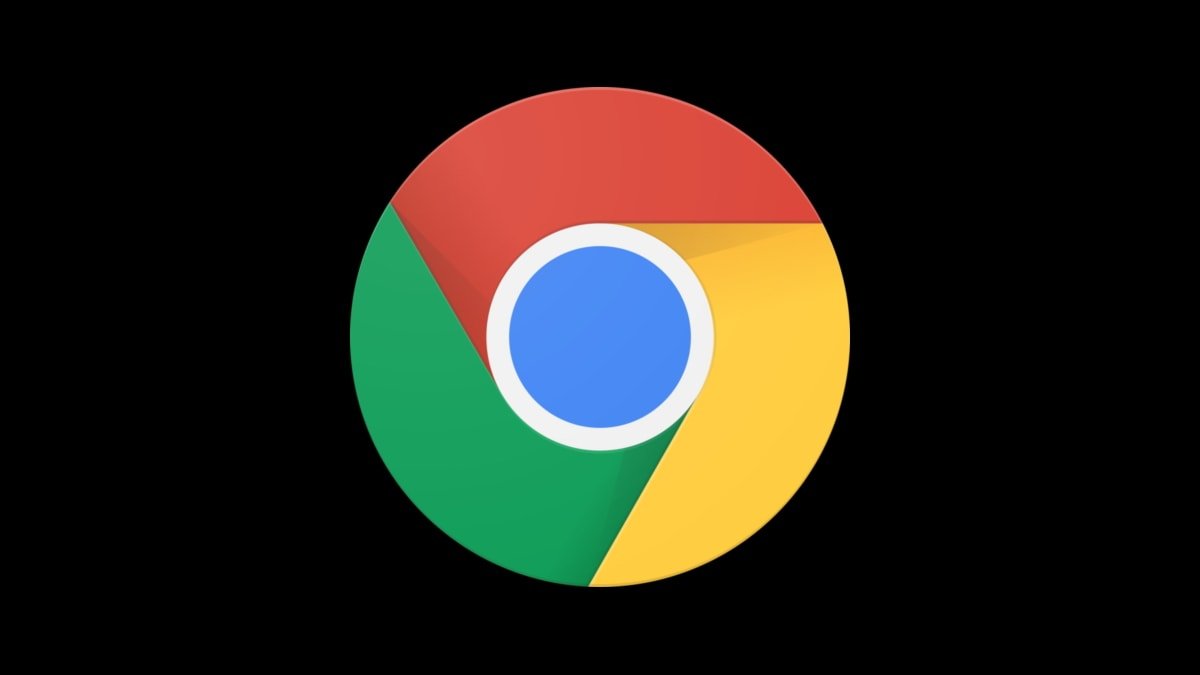
In other words, using a search engine is the same as giving away lots of private information about you, your habits, and your life. (Of course they don’t know if that search about the cat was really for a friend or neighbor, in which case the ads are incorrectly targeted, but if no one clicks, they don’t make any money.) So by storing information about you on Google’s servers, the company can know which ads are most likely to interest you. Google is the biggest advertising provider on the web, and millions of websites use Google Ads. You’ll soon see ads for pet food on various web pages.

For example, you may have a question about your pet, and use Google to find the answer. This is why you often see ads related to your web searches. It also tracks the websites you visit, ensuring not to miss anything you do. It creates a unique profile of you, of your interests, your medical conditions (because everyone searches Google when they have health questions), and your browsing activity, and uses this to provide carefully targeted ads. In exchange for providing you with such a powerful tool, Google collects data about you. Searching the web doesn’t cost you anything, but nothing is really free. Your share of that may be small: if you’re just an average person, you may search the web 3-5 times a day, but some of us, such as writers, may perform several dozen searches in a single day when researching articles and books. Google handles nearly 85,000 searches per second, or 7.3 billion per day, or more than two and a half trillion searches every year. If you’re like most people, you search the web a lot. Themes designed by artists (opens in new tab) are more variable in quality, but give you a lot more choice, and many include custom backgrounds for new tabs.How To How to switch search engines in Safari and other browsers on macOS and iOS (and why you should)

The High Contrast theme is particularly useful, making tabs stand out more clearly for anyone who struggles to differentiate between subtle shades. Themes designed by Google (opens in new tab) are tasteful and will give your browser a makeover by changing its standard design to something more vibrant. Thankfully, you can narrow them down using the options on the left, which let you choose between themes created by Google and third parties, and by star rating. You'll find themes in the Chrome Web Store (opens in new tab), and there's an overwhelming number to choose from. Not all themes are free, but the vast majority are. There are also collections based on topics such as space exploration (opens in new tab), forest scenes (opens in new tab), and options created by famous fashion designers (opens in new tab).

Google is busy refining its own site and Chrome's dark mode in preparation for the release of Android 13, but there's no need to wait for that because Google has already been compiling dark themes (opens in new tab) into one handy collection.


 0 kommentar(er)
0 kommentar(er)
